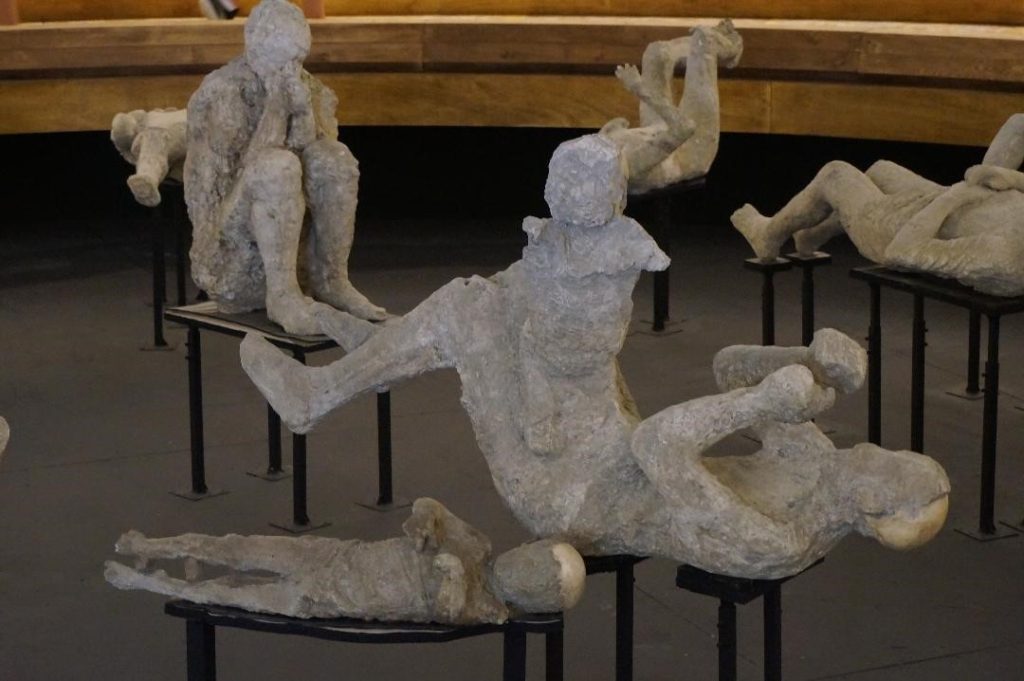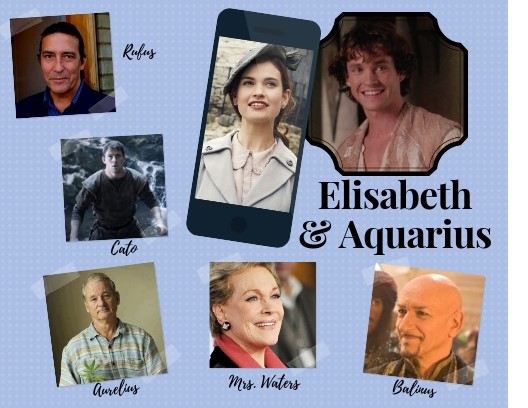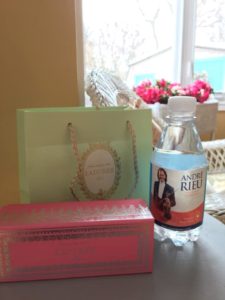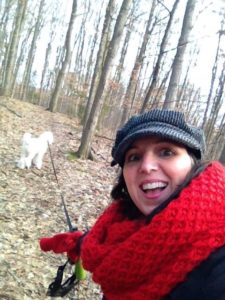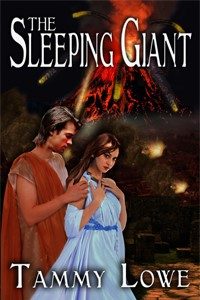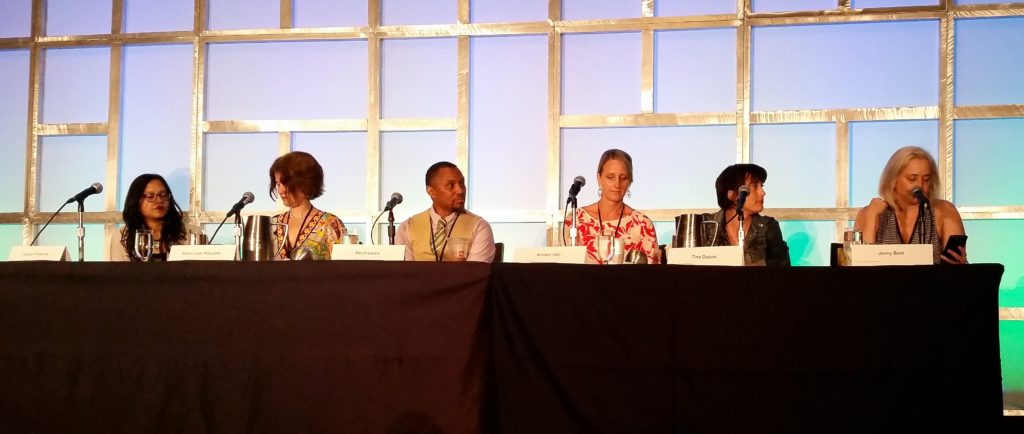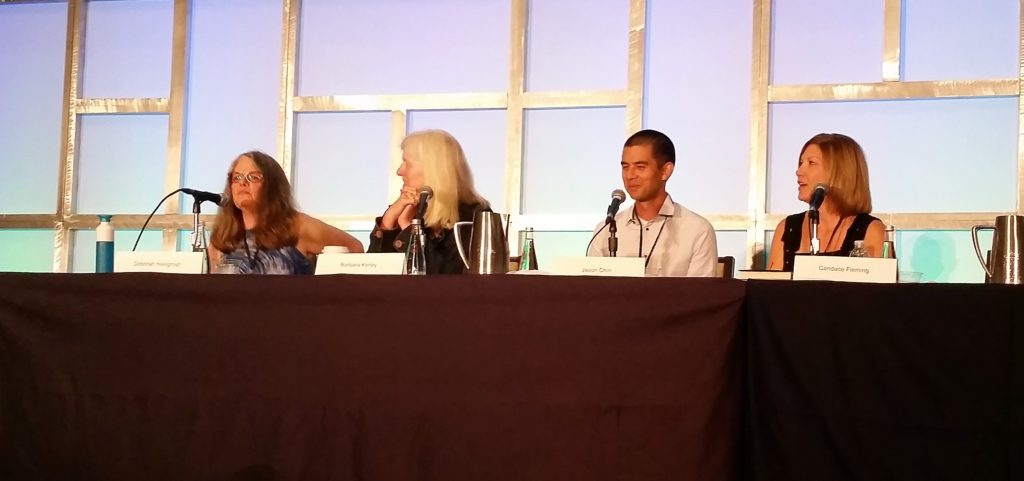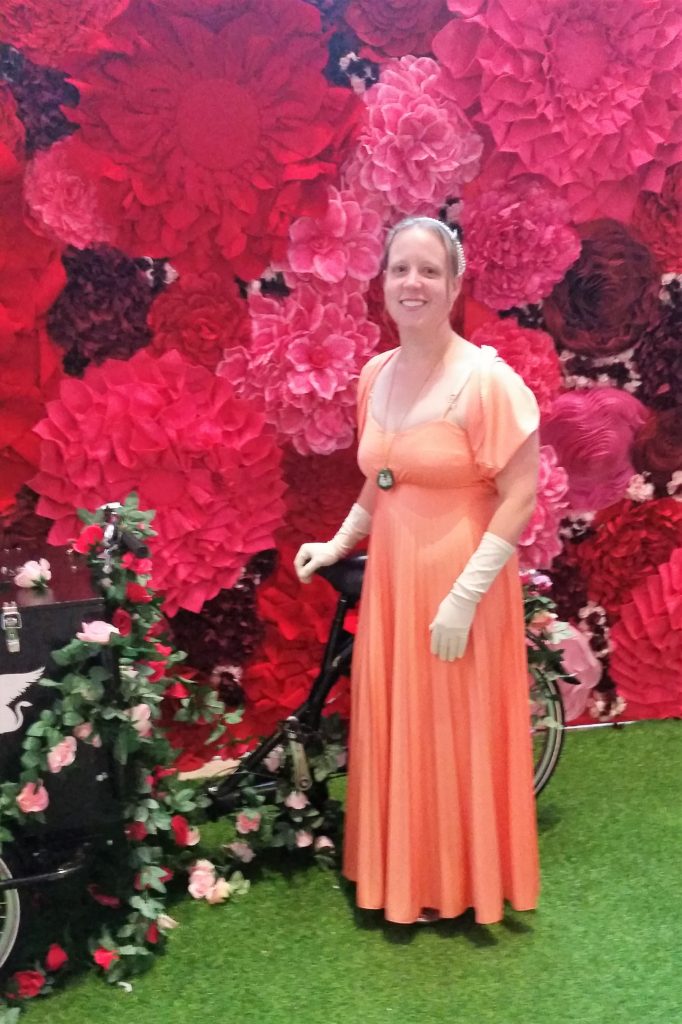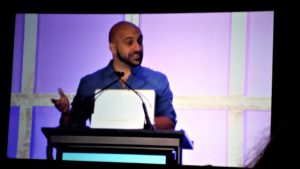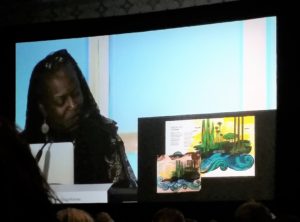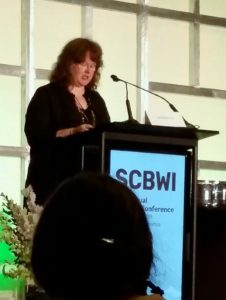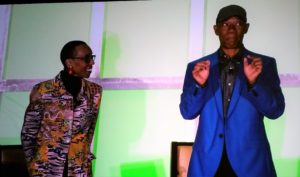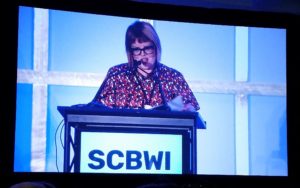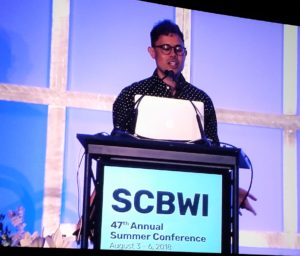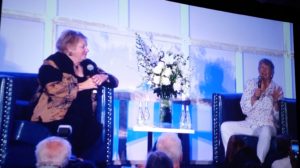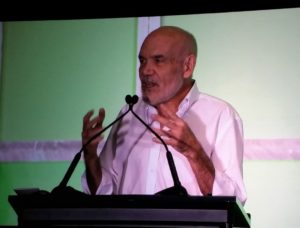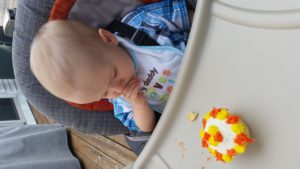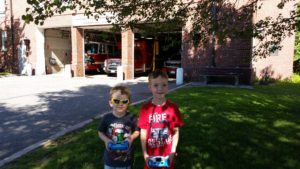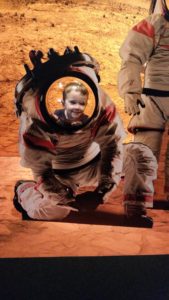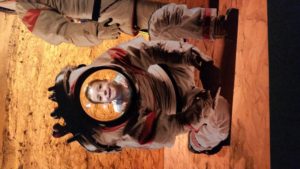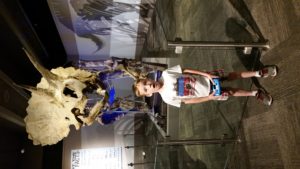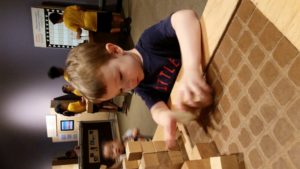Let’s give a big hello to Tammy Lowe as she celebrates the upcoming release of her YA historical romance THE SLEEPING GIANT (a title that I especially like because of a certain mountain in a certain book I wrote!). Make sure to check out the giveaway at the end. Welcome, Tammy!
What inspired you to write THE SLEEPING GIANT?
Oooh, I’m so glad you asked that!
Without giving away spoilers…I spent years researching a legendary artifact; trying to trace the history of it as far back as I could. This “item” seems to be as old as mankind and if the legends are true, the first century Roman Empire might have been a possible time when it could have resurfaced.
What else happened in the first century Roman Empire?
In 79 AD, Mt. Vesuvius erupted with the force of over a thousand nuclear bombs. Many people in the nearby city of Pompeii didn’t even try to flee the volcanic eruption because they didn’t understand what was happening. They thought the gods were angry.
Within twenty-four hours, not a trace of Pompeii remained. The city—and its inhabitants—were buried beneath layers of volcanic ash and pumice. Over the centuries it simply became a forgotten legend.
But…in the 1700’s, men working on a new palace for the King of Naples rediscovered Pompeii hidden twenty feet below them.
The amazing part is that as the volcanic ash hardened over time, the bodies trapped within decomposed, leaving behind what was basically…a mold. When these molds were filled with plaster, the results were life-like statues of the people who died that day; their final moments preserved forever.
Photo by Tammy Lowe
So, I realized I wanted to set this time-travel adventure in Ancient Rome, playing off the terrifying volcanic eruption in the final scenes. I was pumped and inspired!
But then it dawned on me…oh my gosh…am I crazy enough to attempt to write a novel set in Ancient Rome? The research alone would take forever.
Apparently, yes.
I am crazy enough.
After three more years of research, a second trip to both Rome and Pompeii—this time armed with historians and archaeologists to answer all my questions, I fell head-over-heels in love with that ancient world.
I hope you will too.
This is your second novel. How was the writing process different the second time around?
My first book, The Acadian Secret, is middle grade/tween. Because the main character, Elisabeth, is twelve years old, it’s a lot of youthful fun and adventure when she time-travels to the seventeenth century Scottish Highlands.
The Sleeping Giant picks up five years later. Elisabeth is now seventeen. I found it took some getting used to writing for an older reader. I had to step out of my comfort zone more often. I’d opened a whole new world of emotions and events for Elisabeth to explore— things like falling in love for the first time, being sold into slavery, betrayal, etc. That was the biggest difference this time around.
Of course, I think all the writing lessons learned along the way helped make a bigger, stronger story. The entire process is a never-ending learning experience, even as I continue on with The Age of Aquarius, the next book in the series.
What’s one thing you can tell us about the book (no major spoilers please!) that isn’t in the jacket copy?
Although this is a series, I can and should tell you that this book stands alone.
You needn’t have read the first book to get (hopefully) swept away in this one.
THE SLEEPING GIANT has a time travel element. If you could travel back in time, where would you go?
I’d actually really like to go forward in time. I mean, as long as I’m not stepping into a Hunger Games or Divergent type scenario. (No, not even for you, Tobias Eaton.)
I think I could handle travelling to distant planets on the Starship Enterprise.
*Taps imaginary communicator* “Enterprise—one to beam aboard.”
Yes, I’m totally practicing. *grin*
What actors would play the main characters in a movie version of your book?
What an entertaining question!
Okay…if I’m going to start casting actors, just give me a minute to channel my inner Estelle Leonard. (I’ve been watching re-runs of Friends lately! Haha)
I honestly thought this was going to be a hard question to answer, but instead I’ve had way too much fun. Look what you’ve started Katie!
ELISABETH: A few weeks ago I watched The Guernsey Literary and Potato Peel Pie Society with Lily James. A younger version of Lily is the closest to Elisabeth I’ve found. Sweet, smart, and would totally be out of her element if she suddenly found herself in Ancient Rome.
AQUARIUS: I think Aquarius would be such a fun role to play. It would take someone who could pull off a good, old-fashioned, swashbuckling hero. Maybe a younger Hugh Dancy from Ella Enchanted?
CATO: Aquarius’ best friend. I can totally see someone like Channing Tatum in that role.
MRS. WATERS: Back at home in the 21st century, an intriguing old woman named Sissi Waters is Elisabeth’s employer/mentor. Since she’s the epitome of class and elegance, even in her eighties, Julie Andrews of course comes to mind.
BALINUS: Ben Kingsley could pull off Balinus. He’s this darling, old philosopher who accompanies Elisabeth, Aquarius, and Cato.
RUFUS: The slave-dealer can be a younger Ciaran Hinds. I have a special place in my heart for Ciaran Hinds because he’ll always be Mr. Rochester from Jane Eyre to me. And, even though Rufus is a villain, I have a special place in my heart for him too. So…perfect casting.
AURELIUS: If this is my imaginary movie, then I’m going to stick the one and only Bill Murray in here somewhere. He can be Balinus’ eccentric old friend, Aurelius.
What’s your favorite snack or beverage to have while writing?
Can I say champagne and Parisian macarons?
The truth isn’t as glamourous.
I live on water, don’t like coffee (did someone just gasp?) and try not to snack between meals. When I get into that writing zone, the world around me fades away and then I’ll look up and realize it’s something like four or five hours later.
But…
Somedays, when the planets are aligned, I do end up with my favourite snack and a fancier glass of water.
Like this day.
THIS is my perfect snack while writing…
Thanks so much for having me on your blog again, Katie. I had a lot of fun.
An adventurer at heart, Tammy Lowe has explored ruins in Rome, Pompeii, and Istanbul (Constantinople) with historians and archaeologists.
She’s slept in the tower of a 15th century castle in Scotland, climbed down the cramped tunnels of Egyptian pyramids, scaled the Sydney Harbour Bridge, sailed on a tiny raft down the Yulong River in rural China, dined at a Bedouin camp in the Arabian Desert, and escaped from head-hunters in the South Pacific.
I suppose one could say her own childhood wish of time traveling adventures came true…in a roundabout way.
A Historical Romance Adventure
Lured into time-traveling to Ancient Rome, weeks before a volcanic eruption will bury the city of Pompeii, a shy teenager finds herself falling for the adventurous runaway slave she is supposed to rescue.
MuseItUp http://bit.ly/2S8PHtW
Amazon https://www.amazon.com/dp/B07JD44YYS
B&N http://bit.ly/2CYSUba
iBooks https://itunes.apple.com/us/book/id1439019487
Kobo http://bit.ly/2POUmPR
Tucked in a box, in the back of her closet, seventeen-year-old Elisabeth London hid the secrets of a summer five years ago. The items inside are a reminder to never time travel again. After almost being burnt at the stake in 17th century Scotland, the shy teenager believes life is perfect the way it is now; calm and stable.
When a tormented man from Elisabeth’s past begs her to travel back in time to save his life, she reluctantly agrees. Elisabeth assumes Scotland is the destination and is horrified when she arrives in Ancient Rome instead.
The good news is she finds the man; now a cheeky, fun-loving, seventeen-year-old boy named Aquarius. The bad news is he’s an indentured slave, sentenced to death in the arena, and has no idea who she is yet.
Elisabeth helps Aquarius escape and becomes an outlaw herself. Armed with nothing but her wits and his rock sling, the new friends are on the run from Rufus Leptis, a relentless slave-dealer whose job is to hunt them down.
Elisabeth soon realizes she’s here to save Aquarius, not from Rufus or the arena, but from the doomed city of Pompeii. She’s trying to be brave, but the thought of remaining in his swashbuckling world a minute longer than necessary is inconceivable.
At least, it used to be.
Before that darn, happy-go-lucky slave stole her heart.
